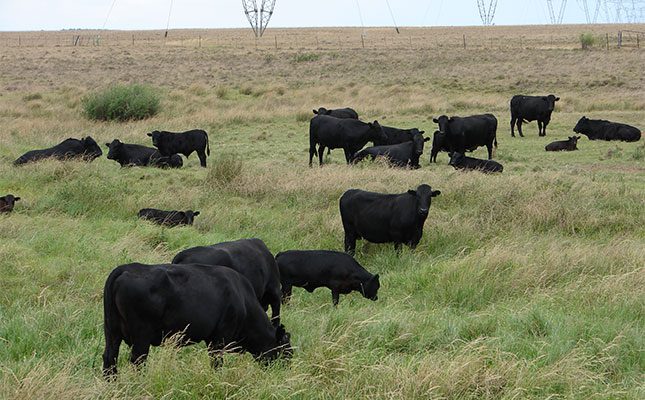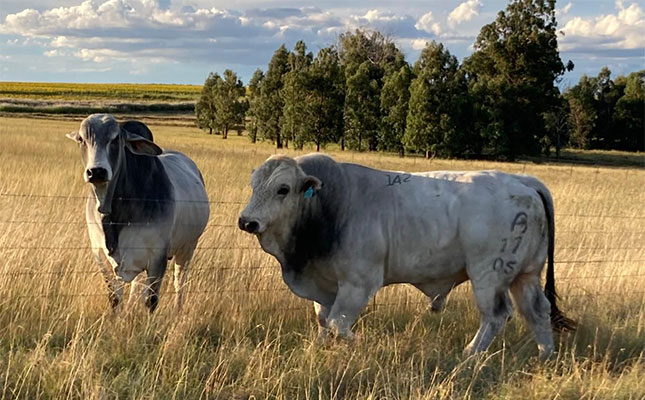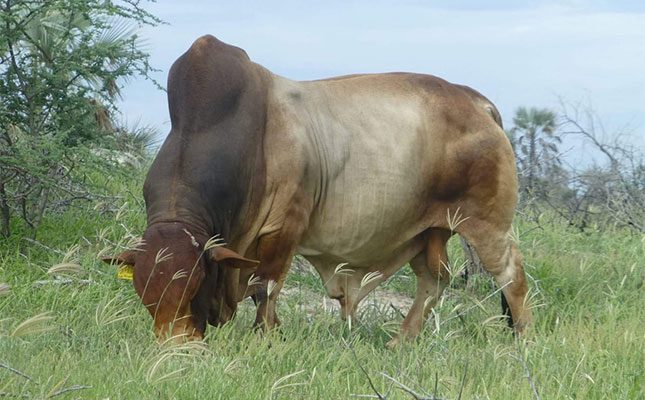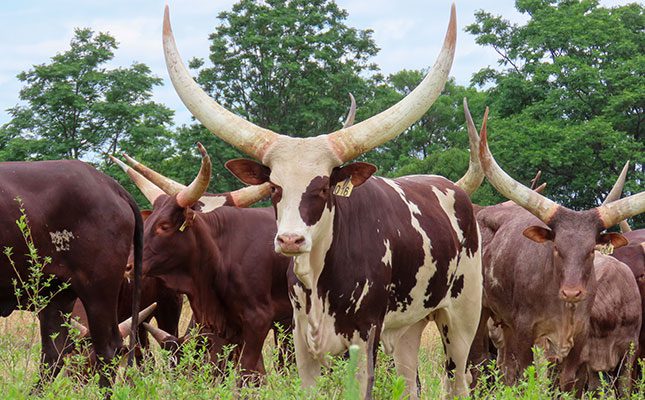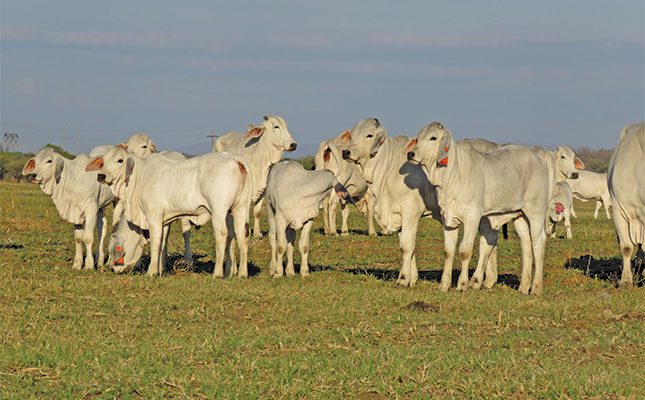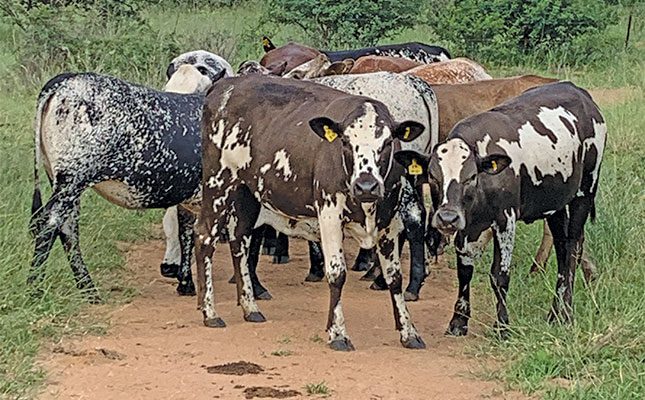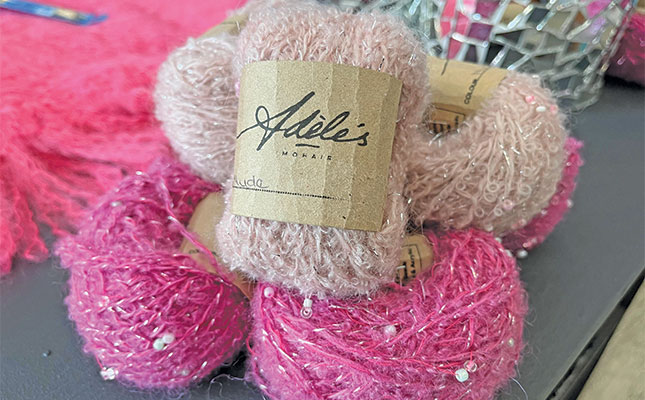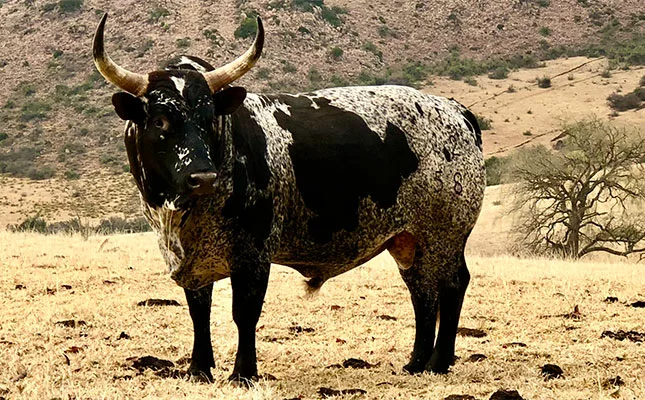
Behind the Nguni’s modern success lies the Nguni Cattle Breeders’ Society of South Africa, an organisation dedicated to protecting and promoting the breed’s unique genetic identity. With a mission rooted in conservation, economic sustainability, and support for all types of farmers, the Society plays a central role in ensuring the breed’s future.
As auction season approaches and more farmers consider investing in this indigenous breed, Zunel van Eeden spoke to the society about its role in preserving genetic integrity, the economics of Nguni auctions, and why the Nguni is the smart choice for the next generation of livestock producers.
Guardians of genetic integrity
The Nguni’s genetics have been shaped by nature over millennia. In this regard, the society’s mission is clear: to preserve this unique genetic legacy and prevent changes that could have irreversible consequences.
“When the Society was founded, the aim was to describe what nature had already decided upon,” explains Nico Harris, president of the society. “That description was so important that it was even written into [the Constitution of the Nguni Cattle Breeders’ Society].”
Rather than interfering with nature’s blueprint, the society focuses on refining and updating breed standards based on detailed record analysis, but only when necessary. These careful updates ensure breeders maintain breed excellence while safeguarding its integrity.
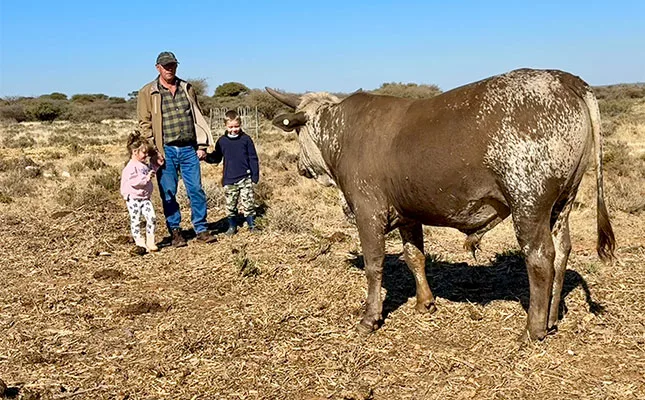
This emphasis on non-intervention is particularly important in today’s market, where economic pressure to crossbreed for performance traits is high.
“Nguni stud breeders play a vital role in conserving the breed’s distinct traits,” explains Harris.
Through strict selection and controlled breeding, breeders protect the Nguni gene pool while also supplying high-quality females for terminal crossbreeding in commercial herds.
The society supports this strategic use of Nguni cows. It notes: “It is general knowledge that the Nguni cow is the dam line of choice for crossbreeding due to her low maintenance, fertility, ease of calving, and good mothering ability.”
However, breeders are warned not to use crossbred animals again as dam lines, as this dilutes the Nguni’s superior traits.
Maintaining purity in a commercial world
While the Nguni cow’s strengths make her highly sought after, the society warns that modern cattle production trends pose serious risks to breed purity.
“Today, there’s pressure to follow a single exit strategy, producing only weaner calves,” says Harris. “That approach benefits the feedlot industry but works to the detriment of cattle farmers and purebred lines.”
To help farmers, especially smallholders, make informed decisions, the society invests in education. “Accurate, relevant information about the breed and the value of Nguni cattle across the entire cattle farming value chain is the most important support we can offer,” Harris explains.
Beyond sharing this information, the society partners with NGOs to host training sessions, and its members openly mentor new and emerging farmers.
A comprehensive website has also been developed, containing scientifically validated information about cattle farming in general and Nguni cattle specifically.
What makes Nguni auctions unique?
Although the national auction was postponed this year due to the risk of foot-and-mouth disease, a full calendar of society-approved auctions is still under way. These events offer a unique buying experience that’s driven by transparency, natural animal presentation, and verified data.
“All animals’ data and registration statuses are thoroughly verified at auctions under the auspices of the society,” says Harris. “Each animal undergoes presale screening, giving buyers peace of mind.”
In contrast with commercial sales, where animals may be grain-fed or artificially conditioned, Nguni auction animals are typically raised under natural conditions, reflecting the breed’s true adaptation. Auctions often feature rare bloodlines and ecotypes, offering access to genetics from diverse regions of South Africa.
This balance between production data and phenotype sets Nguni auctions apart. “Focusing only on production figures overlooks many valuable traits unique to the breed,” the society adds. “Phenotypic traits are an equally important part of what makes the Nguni so valuable.”
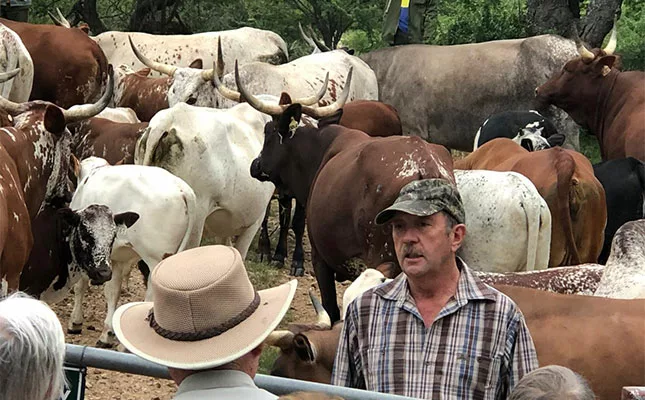
Understanding buyer interest
Interest in the Nguni continues to grow, and not just because of tradition but also because of tangible on-farm performance. Buyers at auctions increasingly include large-scale commercial producers who value fertility, adaptability, and maternal strength.
“In recent years, commercial farmers have recognised the value of Nguni females, which is reflected in stronger demand and competitive pricing. At some auctions, up to 70% of the animals are bought by commercial buyers,” says Harris.
This demand is linked to the females’ practical benefits. Nguni cows are increasingly used as dam lines in traditional and terminal crossbreeding systems. Their performance, resilience, and adaptability across various production systems make them ideal in a climate where farming inputs are costly and conditions are unpredictable.
The society has also noticed a shift in buyer profiles. “More emerging and first-generation farmers are entering the space, and many are choosing Nguni cattle for their low-maintenance, sustainable qualities,” explains Harris.
To improve accessibility, most Nguni auctions now offer online bidding, with platforms like SwiftVEE and Meerkat enabling national participation from the comfort of buyers’ homes.
Ideal breed for South African conditions
From the snowy slopes of the Drakensberg in KwaZulu-Natal to the arid Karoo, Nguni cattle thrive. Their unmatched adaptability is one of the key reasons the society believes Nguni is the breed of the future.
“The Nguni performs well in tick-infested bushveld, harsh winters, and dry regions without needing supplemental feed. Even under these conditions, it remains fertile, healthy, and productive,” says Harris.
The breed’s resilience is backed by science, and it is known for its:
- Tick and tick-borne disease resistance
- Ease of calving
- Good mothering ability
- Long productive lifespan (up to 20 years)
- Efficient digestion of poor-quality fodder due to high rumen urea levels
- Strong ability to browse (up to 60% of the diet)
These traits translate directly into reduced input costs, especially in extensive systems. “Fertility is the most important economic trait because without a calf, there’s no business,” Harris points out.
“Nguni cows rarely need help with calving; they resist disease, and they last longer. This means lower veterinary, feed, and replacement costs.”
According to research by Herman Nel, a member of and inspector for the breeders’ society, he found that with farming costs having more than doubled over the past seven years, such traits are no longer just nice to have; they’re essential for survival.
Resilient breed for a resilient future
As climate change, input cost inflation, and land reform shape the future of livestock production, the society sees Nguni cattle as a critical part of a more resilient and inclusive agricultural model.
“This is the ideal breed for extensive systems and new farmers looking to stay in the cattle value chain longer,” says Harris.
Nguni cattle are the ideal breed with the versatility to perform across multiple marketing channels, from weaner calves and veld-finished slaughter animals to top-notch dam lines.
The society’s message to new farmers is clear: arm yourself with information, understand the economics, and look at overall system performance, not just the final price per animal.
“Compare the costs of farming with other breeds versus Nguni. Evaluate the kilograms of beef per hectare you can produce with Nguni cattle under your local conditions. Make decisions that are informed, not emotional,” it advises.
Hope for the future
Despite ongoing challenges in the broader cattle industry, the society remains optimistic: “The cattle industry is in a difficult situation, but we’ve been through worse. The saying ‘when the going gets tough, the tough get going’ describes our society and the Nguni breed.”
For anyone looking to invest in a breed that honours the past while meeting the demands of the future, Nguni cattle offer a proven path forward. And thanks to the dedication of the Nguni Cattle Breeders’ society, that path is clearer than ever.
Phone Nico Harris on 082 773 4545, or email him at [email protected]. Alternatively, email [email protected], or visit nguni.co.za.
Get trusted farming news from Farmers Weekly in Google Top Stories.
➕ Add Farmers Weekly to Google ✔ Takes 10 seconds · ✔ Remove anytime
